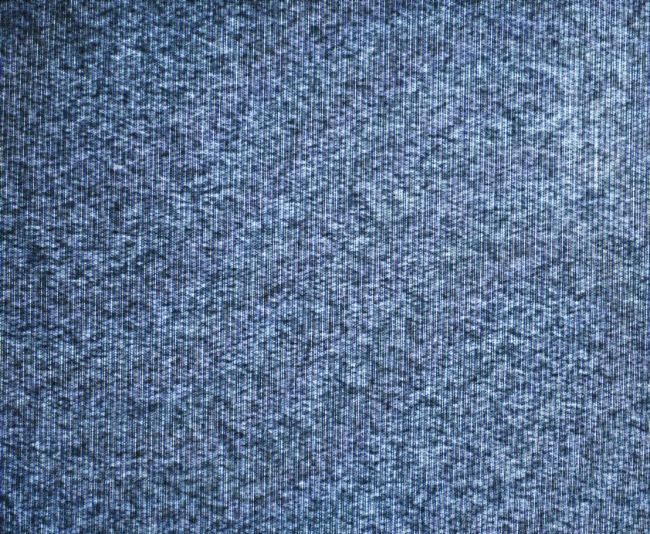INBOX Speak your mind

The vision of someone with visual snow is often compared to a static television image of flickering white dots
VISUAL SNOW AND SLEEP
Dear HIW, What effect, if any, would visual snow have on insomnia? It’s never dark in my world, but the light is in my brain. MedTek
Thanks for your question. Visual snow gets its name because those with the disorder see white, black or colourful flickering dots in their vision. This is likely caused by the overstimulation of the part of
the
brain
responsible
for
image
processing:
the
occipital
lobes.
Many
people
who
experience
visual
snow
also
experience
some
difficulty
sleeping,
as
the
bright
images
that
appear
when
your
eyes
are
open
are
also
present
when
you
close
them.
This
can
be
distracting
when
your
body
is
trying
to
shut
down,
and
research
shows
that
the
time
taken
to
fall
asleep
is
generally
greater
in
those
with
visual
snow
syndrome.
For
some
people,
the
visual
effects
are
intensified
at
night,
making
it
more
likely
that
sleeping
difficulties
will
arise.